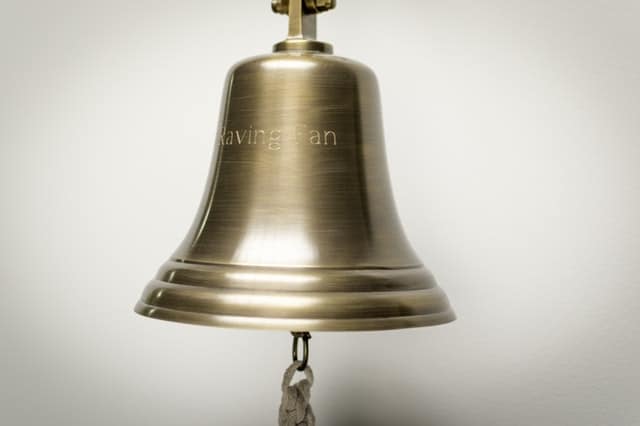February 5-11 is Tinnitus Week. For the second year, the American Tinnitus Association has joined forces with the British Tinnitus Association, Tinnitus Research Initiative and TinnitusHub to help raise global awareness of tinnitus and how it impacts millions around the world.
Your hearing loss specialists at Decibel Hearing are proud to be part of the solution by helping treat those in the Thousand Oaks area with tinnitus.
Part of the process of spreading awareness involves setting the record straight. There is a lot of misinformation out there about tinnitus.
Below are the most common myths your Thousand Oaks audiologists have heard about this symptom.
Tinnitus Will Just Go Away.
Myth: Tinnitus is a disorder that will simply away on its own.
First off, tinnitus is technically a symptom of an underlying condition, rather than a disorder. Because of that, tinnitus cannot just go away.
For most, tinnitus occurs when the tiny hair cells in the inner ear become damaged, usually as the result of loud noises. Once they become damaged, the hairs will randomly send out electrical impulses to the brain, which are then interpreted as sound (even though there is no sound present).
Because the damage cannot be undone, tinnitus cannot simply go away.
Tinnitus Cannot Be Treated
Myth: There is nothing you can do to help your tinnitus.
OK, so many of you may be thinking this after reading the last myth about tinnitus not going away. There is a difference between curing your tinnitus and treating it. While most people in Thousand Oaks with tinnitus cannot be cured, their tinnitus can be treated.
Below are just a few of the most common treatment options:
- Acoustic therapy. This type of therapy uses sounds to cover up, or mask, the tinnitus. This distracts your brain and helps you tune out the ringing in your ears. Electronic devices that produce white noise, air conditioners, fans, soft music, etc. can all be employed.
- Tinnitus retraining therapy. Similar in concept to acoustic therapy, tinnitus retraining therapy utilizes a portable sound generator that produces soft patterned tones to help desensitize the brain to the sounds of tinnitus.
- Hearing aids. Background sounds can mask tinnitus. Hearing aids can also help the patient learn to distinguish one sound from another, improving communication and helping with focus and concentration difficulties. Many devices also come packaged with noise generators to replace ambient sounds if amplification alone does not reduce tinnitus.
- Counseling, sleep and cognitive behavioral or relaxation methods can be practical in helping you manage your tinnitus symptoms by reducing the stress, anxiety and sleeplessness that are often associated with tinnitus. Many hearing specialists and American Fork providers teach methods to help you manage your tinnitus symptoms.
Hearing Loss Has Nothing to Do with Tinnitus
Myth: You can either have hearing loss or tinnitus, not both.
This is just untrue. Almost 90 percent of those with tinnitus also have hearing loss.
Since most people with tinnitus already have a hearing aid to treat their hearing loss, a treatment commonly suggested by Thousand Oaks hearing specialists is to turn up the volume on your hearing aid. This helps mask the tinnitus.
An estimated 50 million Americans have experienced tinnitus. Help us spread the word and raise global awareness of tinnitus by sharing this blog and using the hashtag #TinnitusWeek when talking about this event online.
For more information on tinnitus, contact your Thousand Oaks audiologist today.

